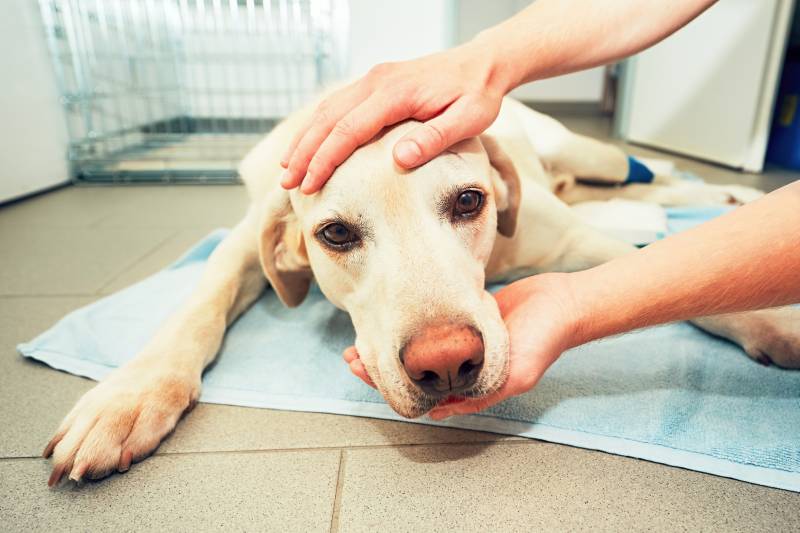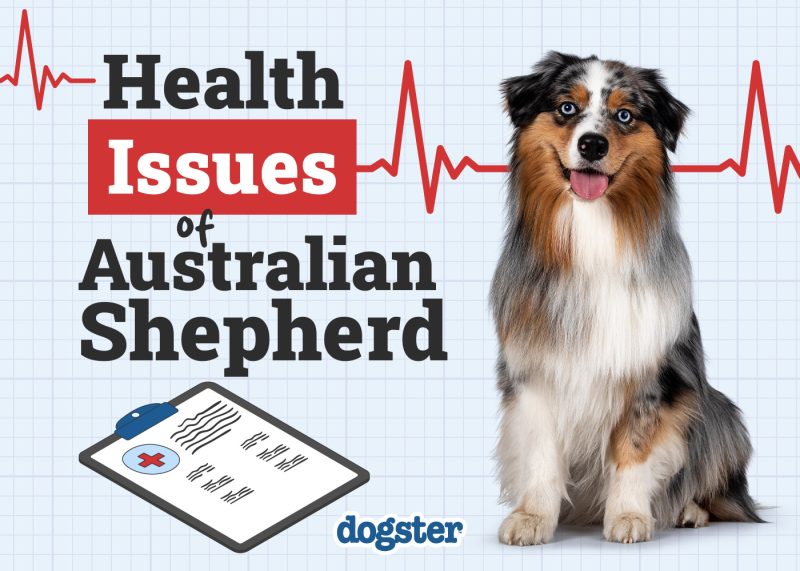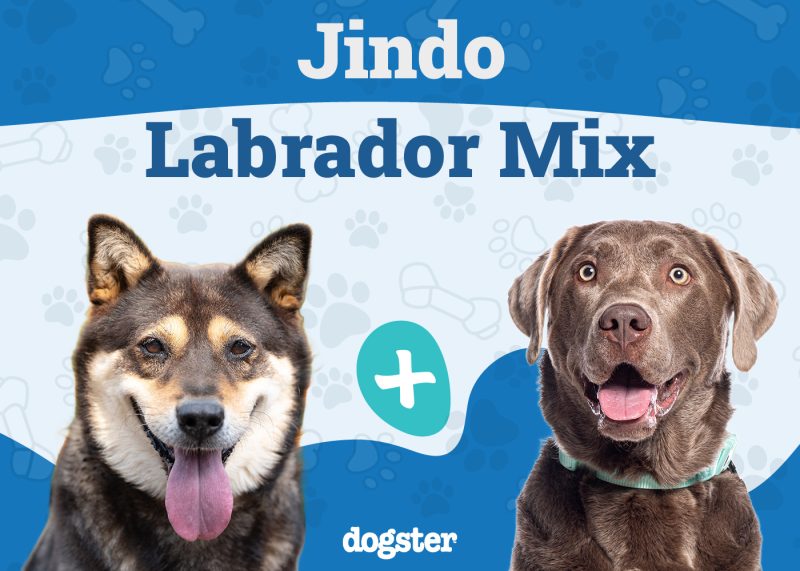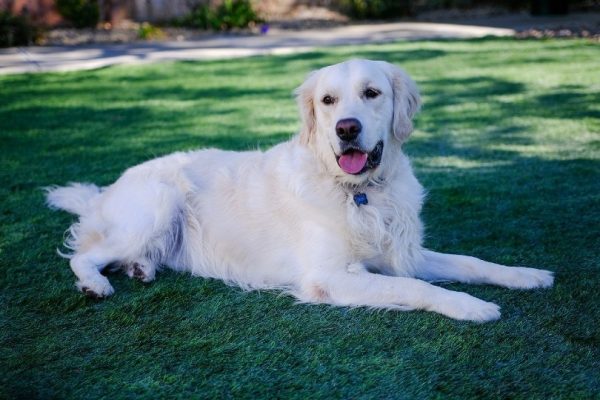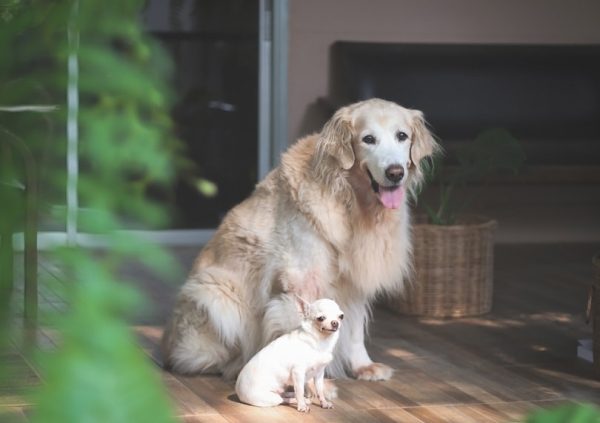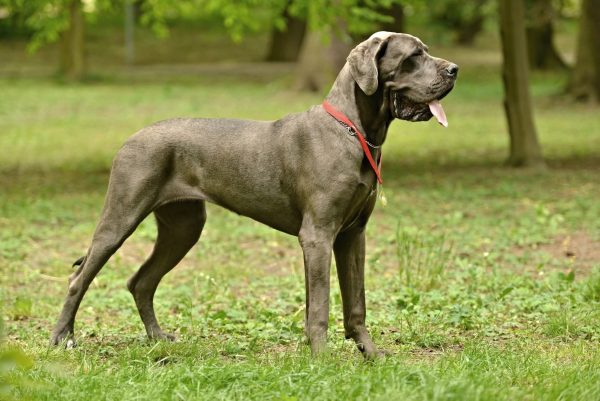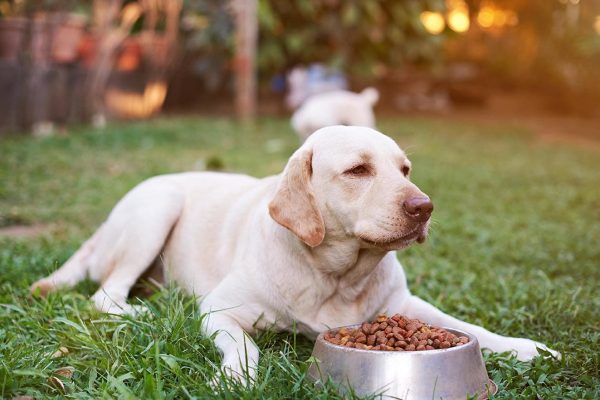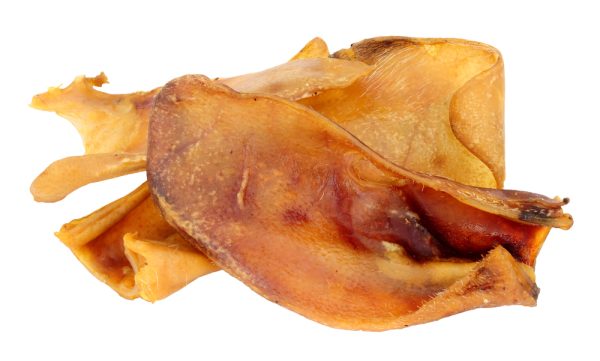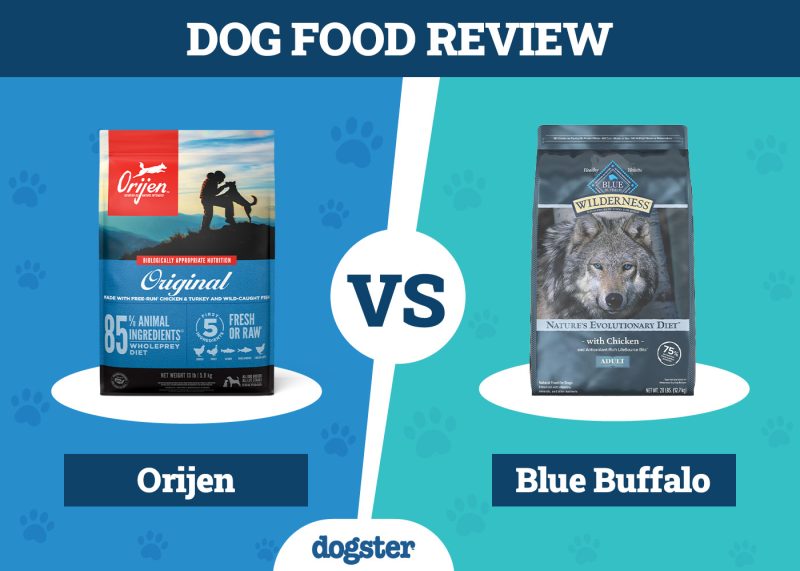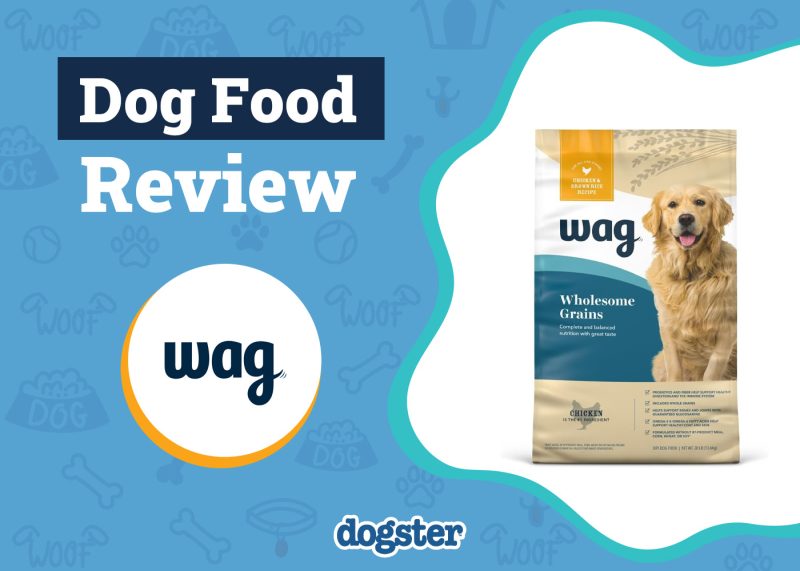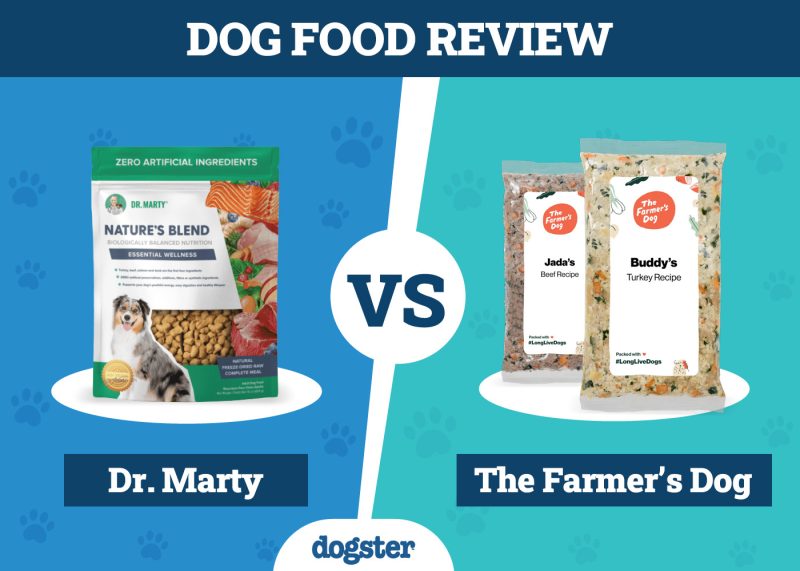If you’re a dog owner, you know keeping your pet safe and healthy takes more than just providing the necessities. You also need to observe your dog for any unusual changes in behavior or appearance that could indicate a problem. For example, if your dog’s black nose starts looking lighter, you might wonder what’s happening. Color changes to your pup’s snout could result from a condition called snow nose. Keep reading to learn more about this health issue, what to do about it, and other medical conditions that can cause similar signs.
What Is Dog Snow Nose?
Dog snow nose, also called winter nose, is a condition where the normal dark color of a dog’s nose gets lighter. This is called hypopigmentation.1 As indicated by the common name, this color change typically occurs during the winter months.
Snow nose can occur in any breed or mixed-breed dog. However, certain breeds appear to be more prone to developing the condition. Labrador Retrievers, Siberian Huskies, Bernese Mountain Dogs, and Golden Retrievers are the most affected. While most dogs have black noses, some may be born with a naturally lighter nose, such as brown. For example, some yellow Labradors have brown noses due to chocolate pigmentation. However, dogs with naturally lighter coloring can still suffer from snow nose.
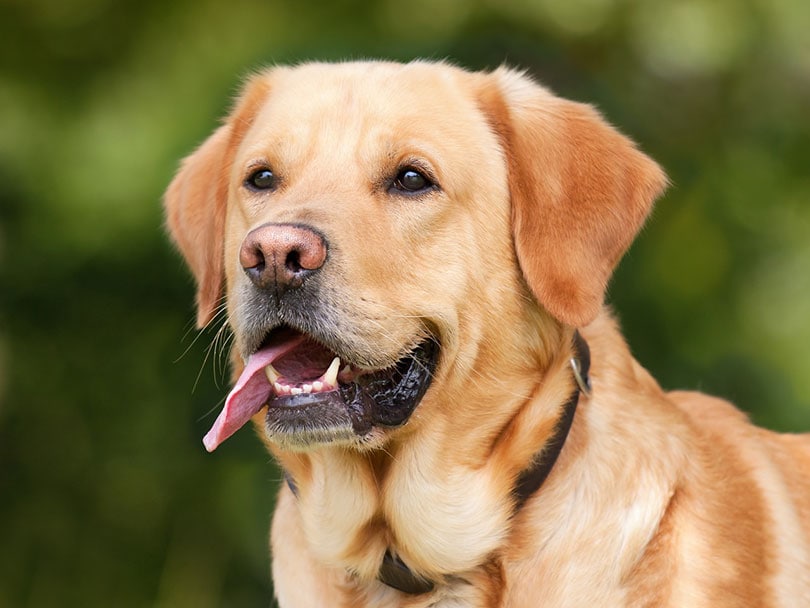
What Are the Signs of Dog Snow Nose?
A loss or lightening of nose color is the major sign of a dog’s snow nose. The amount of color change will vary based on which shade the dog’s nose was initially. Black noses could lighten just to brown or further to pink. Brown noses may just become lighter brown.
Snow nose typically doesn’t impact the dog’s entire nose. Instead, the color loss may be confined to the central or flat part of the nose, called the nasal planum. Besides getting lighter, the dog’s nose should be normal with no dryness, change in texture, or unusual shape. The other important sign of snow nose is when the color change occurs. It nearly always occurs during winter, even in areas that don’t get cold or snow. We’ll discuss why that might be in the next section.
What Are the Causes of Dog Snow Nose?
Because it’s a mild and usually temporary condition, researchers have not extensively studied snow nose. As a result, we don’t know exactly what causes this seasonal loss of color, although several theories have been suggested. Since snow nose almost always occurs in the winter, one theory is that dropping temperatures are to blame. Usually, the dog’s nose returns to its usual color once the weather gets warmer.
However, dogs that only experience mild winters can also suffer from snow nose. Another theory suggests that it’s the shorter days of winter that trigger a nose color change rather than cold temperatures. Dogs may go through regular cycles of snow nose years.
Genetics may also play a role in how snow nose develops. As we mentioned, four breeds are the most likely to suffer from this condition, which suggests a potential inherited tendency. Until the condition is studied more closely, we probably won’t know precisely what causes snow nose.
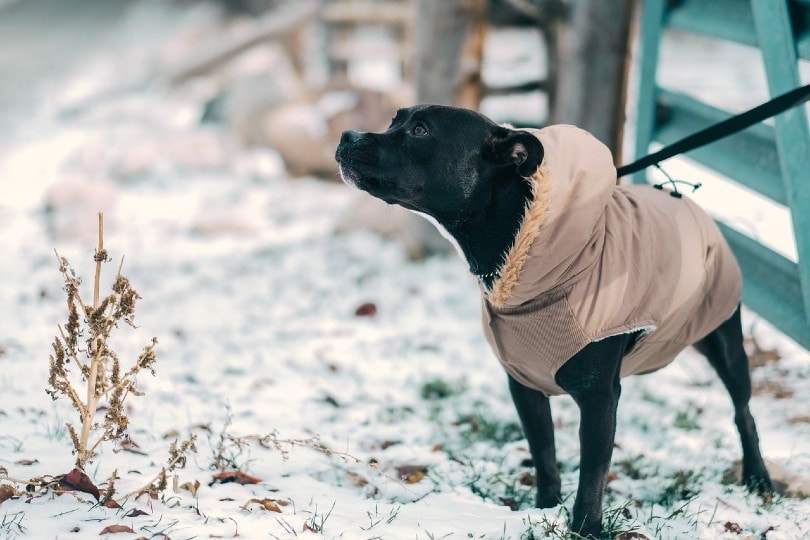

How Do I Care for a Dog with Snow Nose?
Snow nose is mostly a cosmetic condition rather than a true health concern. The loss of color isn’t painful, and the nose usually returns to normal once winter is over. It doesn’t impact your dog’s sense of smell or cause problems for other parts of their body.
The only care a dog with a snow nose may need is sun protection. Light-colored noses are more easily sunburned, even in the winter. It’s best to apply dog-safe sunscreen to your pet’s nose before they go outside. As we mentioned, snow nose shouldn’t cause any other changes to your dog’s nose except for color loss. However, you should monitor your pup’s nose for other signs, including sores, crustiness, dryness, or other texture changes. If your dog is scratching or rubbing their nose, these signs could also indicate something other than snow nose is going on.
Because snow nose isn’t the only cause of pigment loss, it’s a good idea to check with a veterinarian if you notice these changes. If you notice color changes in other parts of your dog’s skin or coat, they are unrelated to snow nose and should be checked by a veterinarian.
Did you know you can speak to a veterinarian without having to travel? Just head over to PangoVet. It's our online service where you can talk to a vet online and get the advice you need for your pet — all at an affordable price!


Frequently Asked Questions
Can Dog Snow Nose Be Prevented?
Without knowing precisely what causes dog snow nose, there’s not much we can do to prevent it from happening. Even warm winters aren’t always enough to keep it at bay.
However, because dog snow nose just impacts your pet’s appearance, you don’t need to worry that it can’t be prevented. Although you should protect your dog’s nose from the sun, this condition doesn’t increase your dog’s risk of skin cancer or other issues.
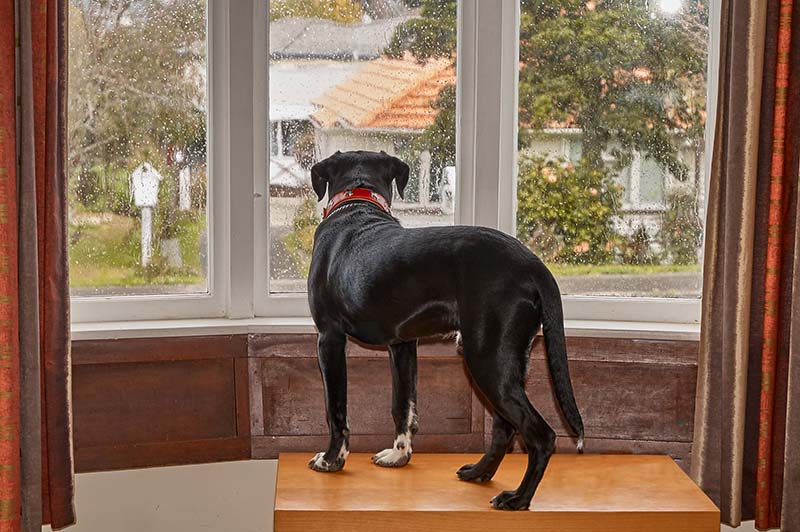
Which Other Conditions Can Cause Color Changes in a Dog’s Nose?
Eating and drinking from plastic bowls sometimes causes loss of pigment in a dog’s nose. A dog’s nose may also lighten naturally as they age, just as they develop gray hair on their muzzle. Other potential medical causes of nose color change include autoimmune diseases like lupus, cancer, and a rare condition called vitiligo. Other medical causes of nose color changes typically cause additional signs such as crusts, sores, or changes in the texture of the nose.
Conclusion
Dog snow nose is a seasonal loss of color in the nose due to unknown causes. It is usually temporary, not painful, and requires no treatment or preventative measures. However, it’s best to check with a veterinarian if you observe your dog’s nose changing color, especially if you notice other concerning signs. A case of snow nose is not a cause for concern, but you can always apply dog-safe sunscreen to your dog’s lighter skin to protect it.
Featured Image Credit: Jaromir Chalabala, Shutterstock
